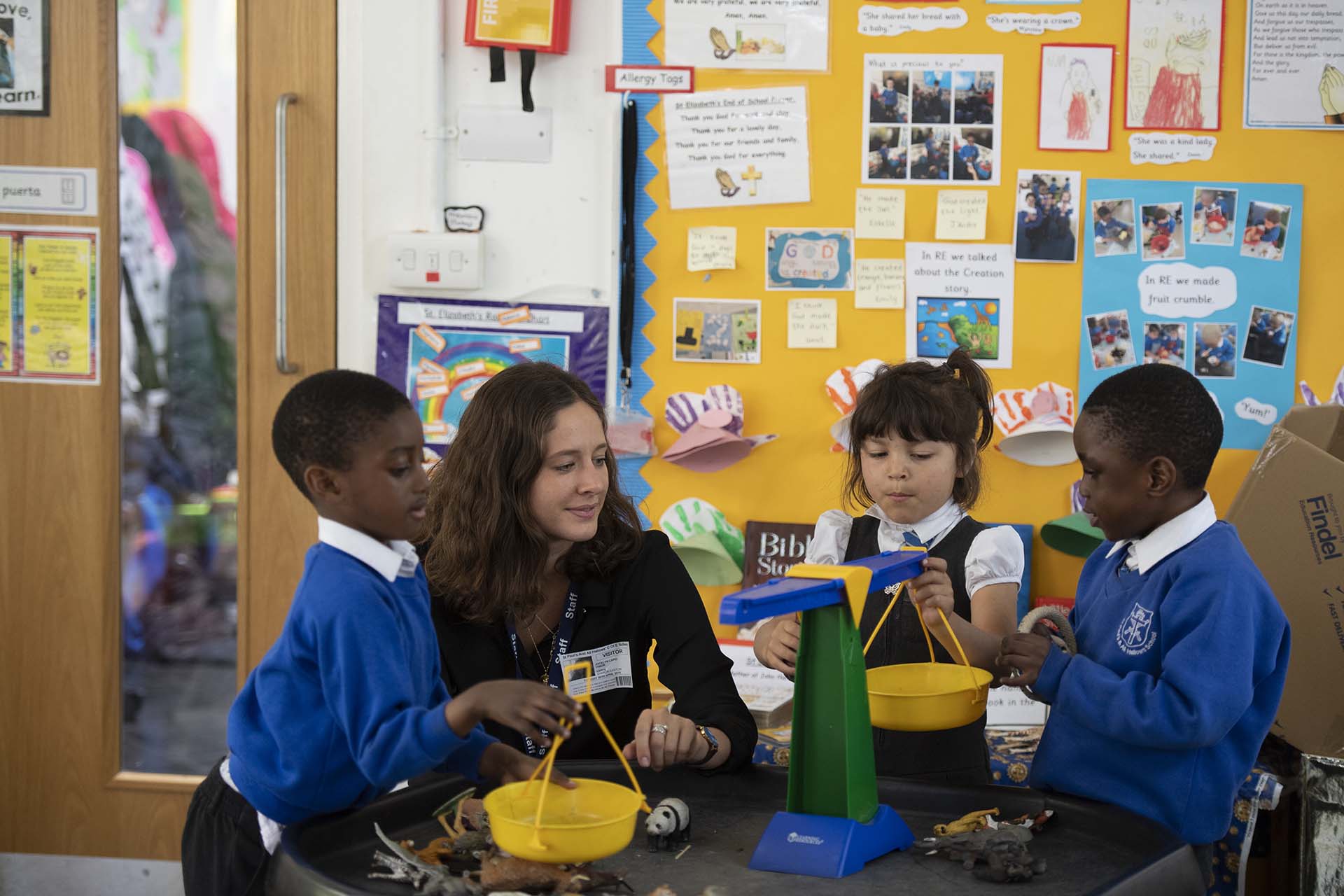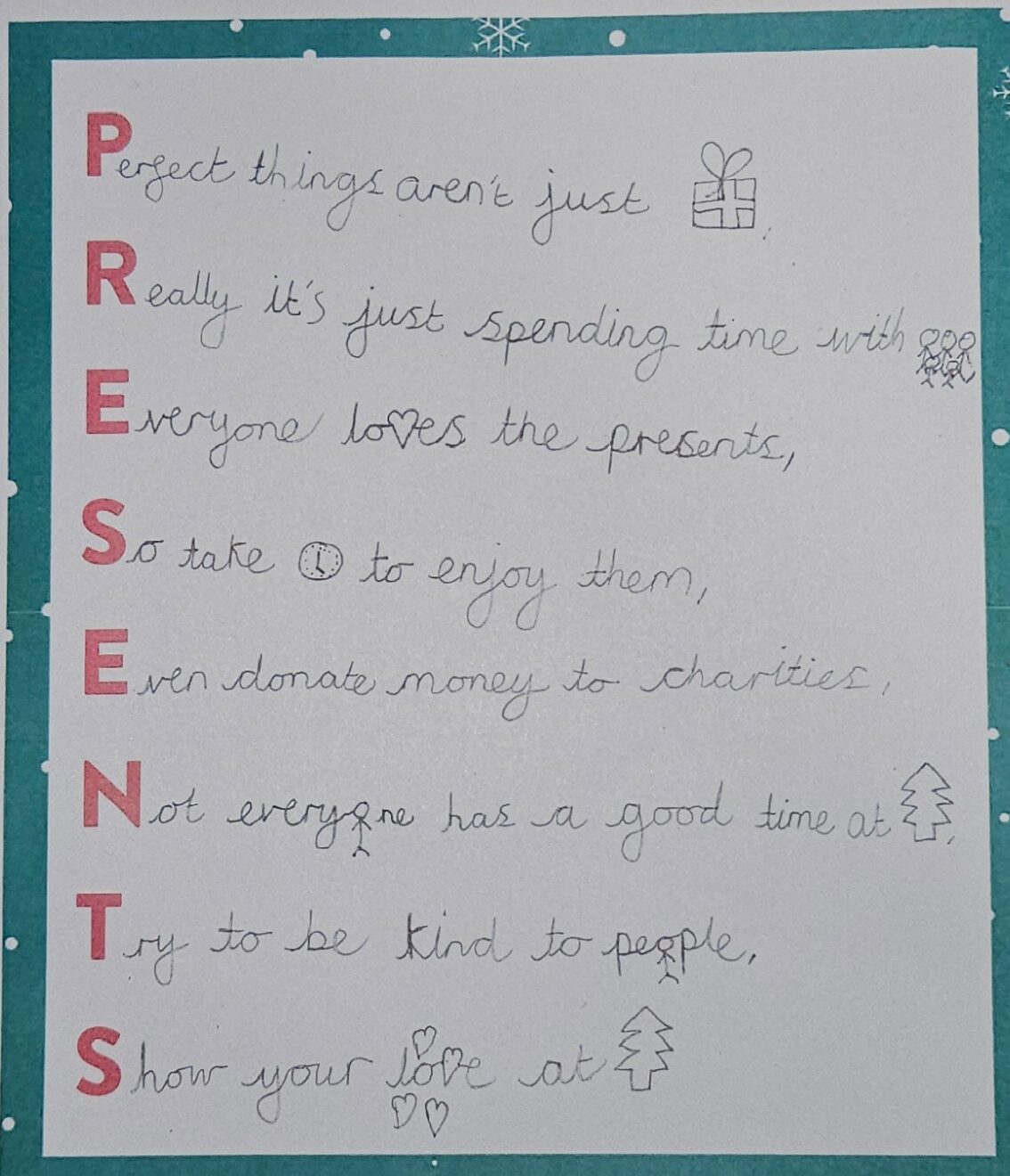As the final term of the academic year approaches, both teachers and pupils can feel a mix of anticipation, fatigue, and excitement. This period often feels like a sprint to the finish line, with many challenges. However, this time can also serve as an opportunity for teachers to reinforce important concepts, strengthen pupil-teacher relationships, and instil a sense of accomplishment and motivation in pupils.
Here are some positive ways to approach teaching during the final term of the year:
Encourage a growth mindset
The final term is often when pupils face pressure to perform well in exams or projects, which can lead to anxiety and stress. To alleviate this, teachers can emphasise the importance of a growth mindset—the belief that abilities and intelligence can be developed through dedication and hard work. Encourage pupils to view challenges as opportunities to learn and grow, rather than as obstacles to success. Celebrate effort, progress, and improvement over perfection, which can foster resilience in the face of setbacks.
Incorporate active learning techniques
During the final term, pupils might feel disengaged or weary from the long year, making it essential to keep lessons dynamic and interactive. Active learning techniques—such as group work, debates, problem-solving sessions, and peer teaching—can help re-engage pupils and deepen their understanding of the material. These strategies not only make the content more enjoyable but also encourage collaboration and critical thinking. Hands-on learning experiences can help pupils retain information better and reduce stress.
Create a positive classroom environment
Maintaining a positive and supportive classroom atmosphere is crucial during the final term. Recognise the emotional and physical toll the academic year may have taken on pupils, and create a space where they feel comfortable, valued, and heard. Show empathy and provide emotional support where necessary. Encourage pupils to share their thoughts, fears, and challenges and offer constructive feedback that builds confidence. Positive reinforcement, such as praising small successes and highlighting pupils’ strengths, will help to motivate and uplift the class.
Foster time management and study skills
As the end of the term approaches, pupils often have multiple projects, exams, and assignments to juggle. Teaching pupils how to manage their time effectively is an invaluable life skill. Provide them with tools and strategies to break tasks into manageable steps, prioritise their workload, and set realistic goals. Encourage them to create study schedules, eliminate distractions, and incorporate regular breaks into their routines. By guiding pupils in these areas, teachers not only help them perform better academically but also reduce stress levels.
Reflect on the year’s journey
The final term is a perfect opportunity to reflect on the progress made throughout the year. Take time to celebrate the accomplishments of both the class and individual pupils. This could be done through a group discussion, a self-reflection exercise, or a class project that highlights their growth. Reflecting on the year helps pupils recognise their development, solidify their understanding, and take pride in what they’ve achieved. It also reinforces a sense of community and helps pupils feel connected to their learning journey.
Focus on personal growth, not just academic success
While academic performance is important, the final term is also a great time to focus on personal growth. Encourage pupils to set personal goals that are not strictly academic, such as improving their public speaking skills, becoming more organized, or learning to work collaboratively. This holistic approach to growth helps pupils understand that success is about more than just grades. It’s also about developing resilience, emotional intelligence, and interpersonal skills, all of which are essential for lifelong learning.
Provide opportunities for celebration
After months of hard work, pupils deserve to feel a sense of accomplishment. Plan ways to celebrate the end of the academic year. This could be as simple as a class party, a small ceremony where pupils share their achievements, or even just a final class activity that’s fun and uplifting. These moments of celebration will provide pupils with positive memories of the year and help to close the academic chapter on a high note.
Communicate and build relationships
As the term draws to a close, maintaining strong communication with pupils is crucial. Take the time to listen to their concerns and provide feedback on their progress. Building strong, supportive relationships helps pupils feel more confident and motivated to finish the year strong. Keep the lines of communication open, and let pupils know that you care about their success—not only academically but also personally. This rapport will encourage them to put forth their best effort in the final weeks.
Set clear expectations for the final term
Finally, to alleviate anxiety and uncertainty, be transparent about what to expect in the final term. Lay out the remaining assignments, assessments, and expectations clearly, and provide pupils with the tools and resources they need to succeed. Setting clear guidelines for the final term will help pupils feel more in control of their workload, reducing stress and helping them focus on their priorities.
Conclusion
The final term of the academic year doesn’t have to be a stressful rush to the finish line. By fostering a positive learning environment, encouraging personal growth, and helping pupils develop crucial life skills, teachers can help their pupils navigate the challenges of the end of the year while also creating a memorable and rewarding experience. The final term is a time to celebrate progress, reinforce important lessons, and finish strong—both academically and personally. With the right approach, teachers can inspire pupils to reflect on their achievements and leave the year with a renewed sense of purpose and motivation for the next chapter in their education.
Other Posts...

The Power of Positivity in the Classroom: Unlocking Potential for Success
17th February 2025
Read More




